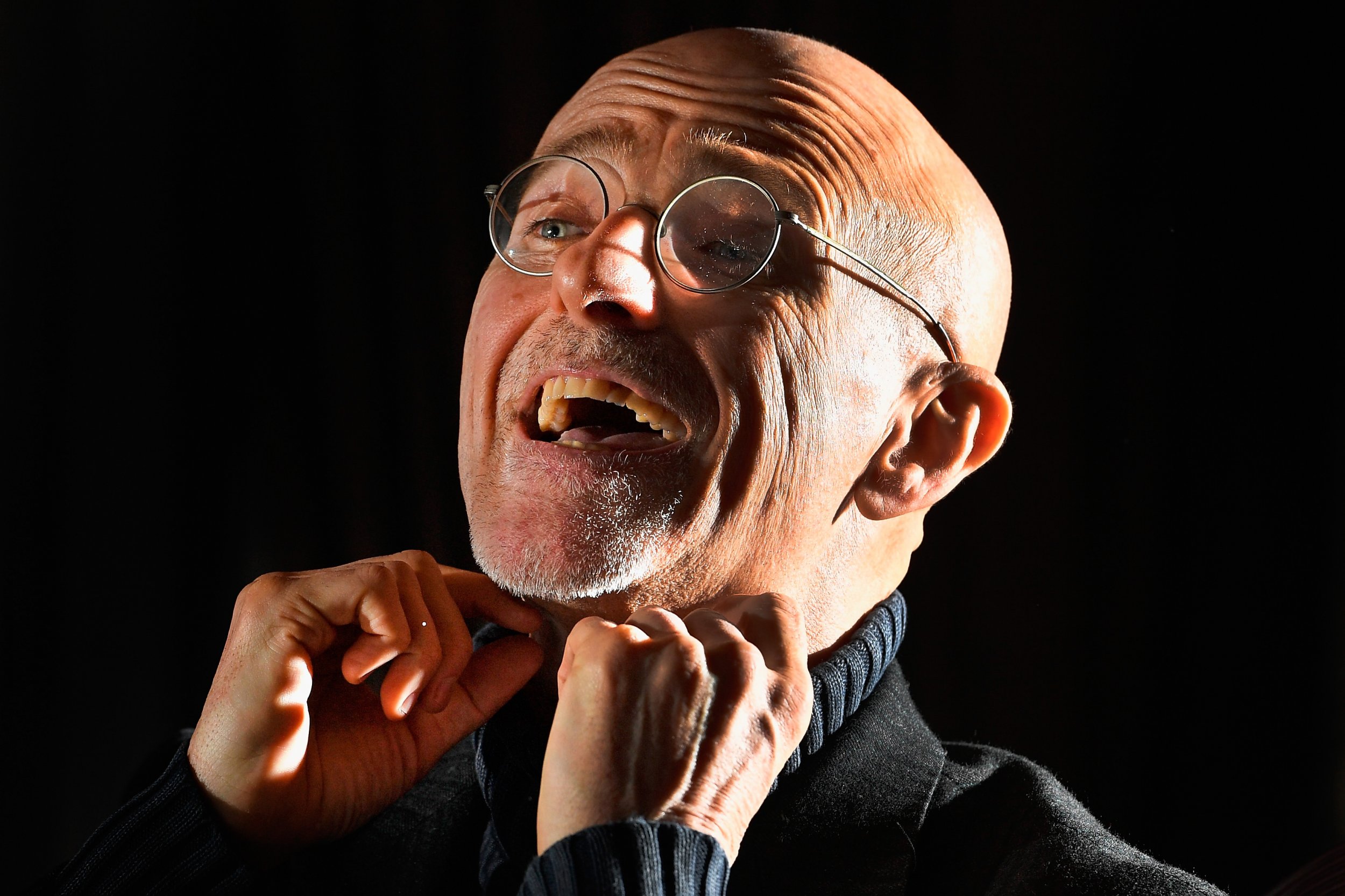
Scientists have carried out a head transplant on a human corpse, the neurosurgeon behind the operation has announced.
At a press conference in Vienna, Austria, Sergio Canavero said his team was able to remove the head from one body and connect it to the body of another by fusing the spine, nerves and blood vessels. He said the next step will be to carry out the operation on a living person, The Telegraph reports.
"The first human transplant on human cadavers has been done. A full head swap between brain dead organ donors is the next stage," he said. "And that is the final step for the formal head transplant for a medical condition which is imminent."
Canavero said a "high number" of people have volunteered to be his first head transplant patient. It is thought he will carry out the operation in China in December.
The Italian neurosurgeon did not present any evidence of his claims at the conference. Instead, he said a scientific paper with details of the procedure would be released in the "next few days."
"For too long nature has dictated her rules to us," he said. "We're born, we grow, we age and we die. For millions of years humans has evolved and 100 billion humans have died. That's genocide on a mass scale. We have entered an age where we will take our destiny back in our hands. It will change everything. It will change you at every level."
Canavero said his team has managed to cut down the time of the operation to just 18 hours. "After several transplants, the first full rehearsal has taken place in China. The surgery lasted 18 hours. I mentioned in 2015 that it should take 36 hours, but the Chinese improved on that in a spectacular way, and the surgery was successful.
"The next step is a full head transplant on brain dead organ donors and the first human head transplant for medical reasons will take place imminently. The date will come from Xiaoping in the next few days."
Since announcing his plan, Canavero has attracted a barrage of criticism. Most experts agree that his plan is not plausible—with most pointing out that with current technology, spinal cord fusion is not possible.
There are also major ethical concerns regarding the legality of such a procedure, and a worry that the operation will fail but the head will remain alive.
Jerry Silver, a professor of neurosciences at Case Western Reserve University in Ohio, recently told Newsweekthat technically the head could be attached to a respirator where it could remain alive for days in incredible pain. "Every muscle, the bones, everything has been severed," he said. "Can you imagine the pain from all those cut things? That's the worst. The head is going to wake up in pain."
Canavero has remained defiant of his critics throughout, however. He told Newsweek that if the operation is a success—a likelihood he estimates to be around 90 percent—it would be a "tremendous revolution that you will not have seen for some time."
"The surgery is long and tedious, but absolutely feasible," he added. "One thing is certain. Spinal cord fusion is a reality and head transplants will happen."
Uncommon Knowledge
Newsweek is committed to challenging conventional wisdom and finding connections in the search for common ground.
Newsweek is committed to challenging conventional wisdom and finding connections in the search for common ground.
About the writer
Hannah Osborne is Nesweek's Science Editor, based in London, UK. Hannah joined Newsweek in 2017 from IBTimes UK. She is ... Read more





